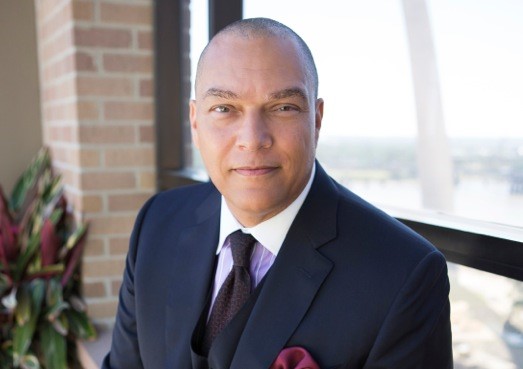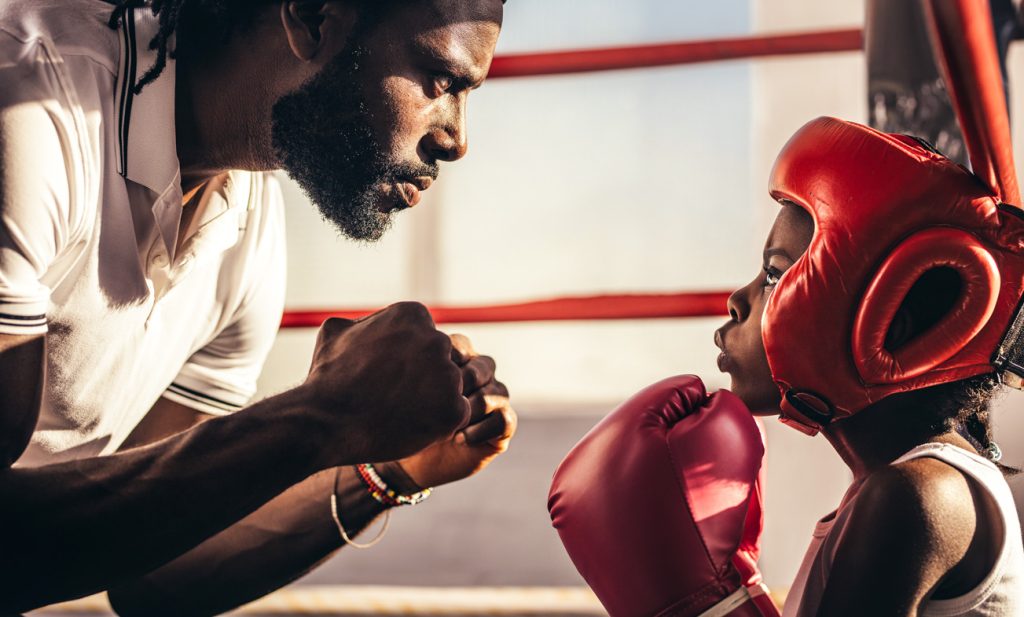By Paul Ellis, CIMA®, Ellis Wealth Management

Everywhere you can see advertisements designed to sell you something: A luxury vehicle, vacation, timepiece or the latest technology. Perhaps it’s a professional service or a perfect smile.
Very few of these items I would consider investments. Why? Because a vehicle, as beautiful as it may be, is to ride in. The more you drive it, the lower its blue book value becomes.
Technology is surpassed every year by newer, more powerful and relatively cheaper technology.
Who still uses a palm pilot, or a 412k Mac on a daily basis? A few people perhaps, but these devices are not considered investments. An investment that grows in value or reproduces over time is seen as a good investment. An investment that declines or deteriorates is seen as a bad investment. We often hear that real estate is a good investment. It may be.
The price of a single-family residence has definitely risen dramatically since the last economic downturn.
According to the Northwest Multiple Listing Service and R1 Washington, a national network of independent real estate agents and brokerages, in April 2021, Snohomish County home prices were in up excess 15.5% compared to last year, selling for a median price of $475K. Since 2012 homes prices have risen 100% in market value.
Of course, that is since the bottom of the market – after average prices had plummeted more than 30% – and some much more than 40% in a short time.
Those who lived through that downturn learned a very powerful lesson; real estate can go down as well as up!
It has also been said that a house does not equal a home. I would argue that a real investment is not the roof and the yard, but rather what is under the roof. Life. Family life, and the investment of fatherhood.
An investment of time or money is an investment of yourself and effort. It comes from your labor, your wisdom, your creativity. It is part of your life. Children are that and more!
Build on Success as a Family

I once heard Hall of Fame football star Michael Irvin lament that in the black community, and particularly for black professional athletes, that the next generation were perpetually needing to “start over” after previous successes. They weren’t building on the wealth, and knowledge of that success.
He said this was partly due to poor financial investments, and partly because fathers were not being active in the lives of their children. Michael Irvin went on to say that his dream was for his own successful ceiling to become his children’s floor, so they could build on that success as a family.
Not merely wanting to make it and leave his family for selfish pursuits, and now older and more mature, Michael wanted to be purposefully involved in the lives of children and grandchildren, and to pass on knowledge he has gained. He escaped ‘the hood’ and had no plans for either himself or his family to return to that old address.
That is the dream of many Americans: A better life for themselves and their children. That dream is achieved by actively investing in your children and your family life, not merely pursuing more things.
In a recent Wall Street Journal article entitled, “The Rise of Baseball’s Second-Generation Players,” discussing the rise in 2nd and even 3rd generation athletes, it is noted that some children of professional athletes – who have been around their parents during their careers have, outside of their DNA, another advantage in their athletic and life pursuits. The article affirms:
It stands to reason that youngsters who grow up around pro athletes pick up cues on how they behave. They [the children of professional athletes] do get vivid, up-close views of their dads and their dads’ teammates—the best in the world at a particular set of skills.
“Of course, you and I can watch the same guys on TV or video, but the effect is not the same,” says Dr. Marco Iacoboni. “For reasons we don’t fully understand, watching a screen doesn’t activate our minds the same way. It’s the difference between a face-to-face meeting and a Zoom call. Our brains are built for direct experience.”[1]
Of course, this is not limited to professional sports. You don’t have to be wealthy, or a professional athlete, to be a positive model for children. But exposure to professionals can provide a unique vision for their children and strengthen their confidence for their own future pursuits.
A father’s involvement can make the difference between success and frustration or failure

In a study regarding higher education, the U.S. Education Department’s National Center for Education Statistics, states that students of college-educated parents are much more likely to pursue and complete a college degree than their peers whose parents did not attend college.
According to Grace Bird’s article, The Impact of Parents’ Education Levels, “One-third of first-generation students dropped out of college after three years, compared to 14 percent of their peers whose parents had earned a degree. About two-thirds of the children of college graduates were set to graduate on time three years after enrolling, compared to 48 percent of first-generation students.”
Attending college is important. Finishing is the point. The support of a parent who has gone before can make the difference, especially if that support is coming from a father. Don’t believe me? Ask a group of graduating college students. No doubt mom will be there at the graduation ceremony. Will Dad?
The desire to have the father’s secure presence at the time one has achieved one milestone and is launching onto the next is worth more than gold. It is a jewel you cannot buy. The calm quiet nod of a father’s approval and trust that says, “You’ve got this!” is priceless. Trust me. I’ve lived it. I know what I’m talking about.
A father’s involvement can make the difference between success and frustration or failure. Children with a father’s investment of his personal involvement are:
- 39% more likely to earn mostly As in school
- 45% less likely to repeat a grade
- 60% less likely to be suspended or expelled
- 2x as likely to go to college and find stable employment after high school
- 75% less likely to have a teen birth
- 80% less likely to spend time in jail[1]
In simple terms, that’s an increase of up to 200% upside, while dramatically reducing the downside. No program has that level of success. Ask any financial professional – that’s an investment worth making.
Accepting the Responsibility of Manhood
Malcolm X once said, “Husband means you are taking care of your wife, father means you are taking care of your children…you are accepting the responsibilities of manhood.” The responsibility of manhood creates an unshakeable confidence in success. The pride of watching children grow, become wise and strong is well deserved. It takes a lifetime – and can last for generations. It’s a legacy that will live on. It’s the best of you and it’s real wealth.

While not glorified on television, behind the scenes real investors are taking care of their holdings. The farmer waters and takes care of his crops; the timepiece collector takes care of his clocks, the landlord takes care of his property and fathers have the opportunity to take care of and bless their children. Teach them. Tote the bag. Tell them you love them. Literally pronounce a blessing over them and let them hear you. Share your wisdom and coach them through the challenges they face, now and later.
We often hear it said that we stand on the shoulders of those who went before. There are no bigger shoulders than that of dad and grandad. We are, in many ways, the answered invested prayers of our great grandparents. Let’s keep that investment going. Best of all, you don’t have to be rich. You just have to be present. “The Investment of Fatherhood” – it’s a legacy worthy of our soul.
Paul Ellis, CIMA® may be reached at 425.405.7720 or paul.ellis@elliswealthmanagement.net. www.elliswealthmanagement.net
[1] 5 Things You Should Know about the Importance of Fathers https://childandfamilyresearch.utexas.edu/5-things-you-should-know-about-importance-fathers
Author: Lynnwood Times Staff













3 Responses